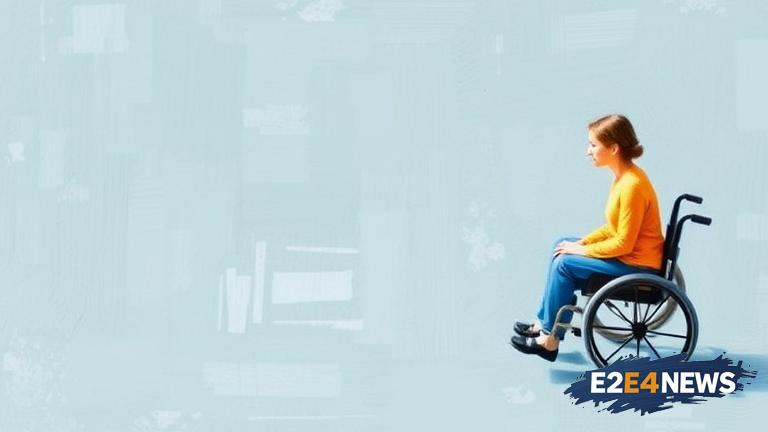Advocates and providers for people with disabilities in Indiana are speaking out against proposed changes to the state’s Family and Social Services Administration (FSSA). The changes, which aim to reduce costs and increase efficiency, have raised concerns among those who work with and support individuals with disabilities. According to advocates, the proposed changes would lead to a reduction in services and support for people with disabilities, potentially isolating them from their communities. The FSSA has proposed changes to its Medicaid waiver program, which provides funding for services such as home health care, transportation, and employment support. The changes would limit the number of hours of support that individuals can receive, and would also reduce the amount of funding available for certain services. Advocates argue that these changes would have a devastating impact on people with disabilities, who rely on these services to live independently and participate in their communities. Many individuals with disabilities require ongoing support and services to manage their daily lives, and the proposed changes would leave them without access to these essential services. Furthermore, the changes would also affect the caregivers and family members of people with disabilities, who often provide significant support and care. The proposed changes have sparked widespread concern among disability advocates, who are urging the FSSA to reconsider its plans. They argue that the changes would not only harm people with disabilities but also undermine the progress that has been made in recent years to increase accessibility and inclusion. The FSSA has stated that the proposed changes are necessary to reduce costs and ensure the long-term sustainability of the Medicaid program. However, advocates counter that the changes would ultimately cost more in the long run, as people with disabilities would be forced to rely on more expensive institutional care. The debate over the proposed changes has highlighted the ongoing challenges faced by people with disabilities in Indiana, who often struggle to access the services and support they need. Despite the progress that has been made, many individuals with disabilities continue to face significant barriers to inclusion and participation in their communities. The proposed changes to the FSSA have sparked a renewed sense of urgency among disability advocates, who are calling on state leaders to prioritize the needs of people with disabilities. As the debate continues, it remains to be seen whether the FSSA will reconsider its proposed changes and work to find alternative solutions that prioritize the needs of people with disabilities. The outcome of this debate will have a significant impact on the lives of thousands of people with disabilities in Indiana, and will shape the state’s approach to disability support and services for years to come. In recent years, Indiana has made efforts to increase accessibility and inclusion for people with disabilities, but the proposed changes to the FSSA threaten to undermine this progress. The state’s disability community is urging leaders to prioritize the needs of people with disabilities and to work towards creating a more inclusive and supportive environment. The proposed changes have also raised concerns among healthcare providers, who are worried about the impact on their patients and the potential consequences for the state’s healthcare system. As the situation continues to unfold, it is clear that the proposed changes to the FSSA have significant implications for people with disabilities, caregivers, and the broader healthcare system in Indiana.
